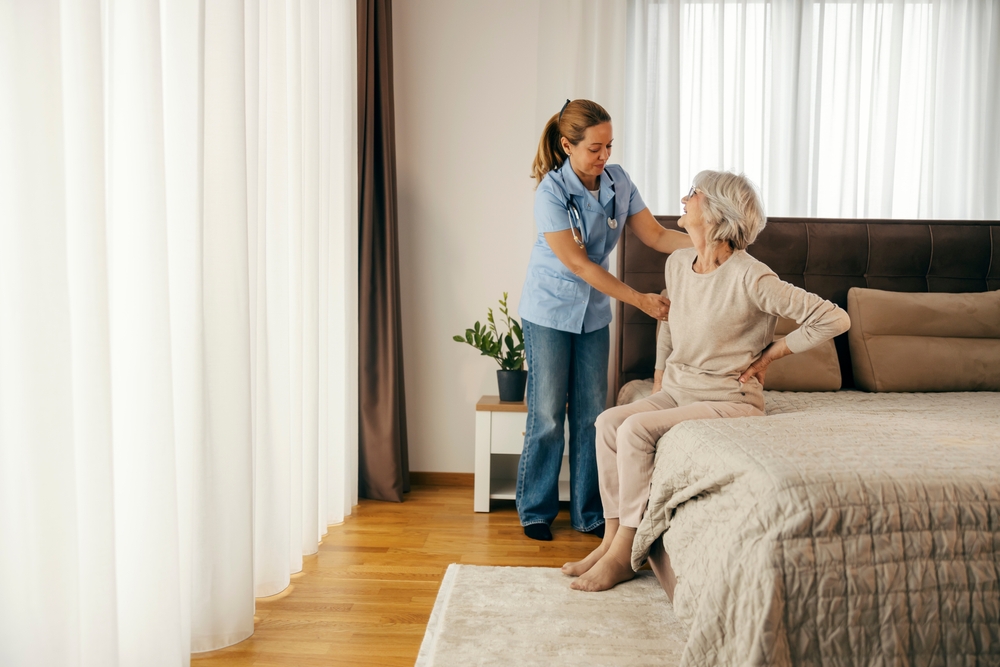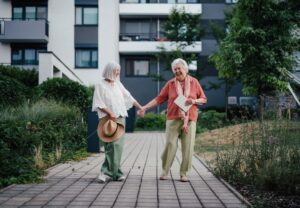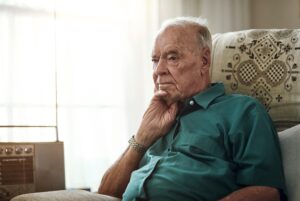In healthcare and senior care, the term “Activities of Daily Living” (ADLs) is used to describe the essential tasks required for self-care and independent living. An individual’s ability to perform these activities is a key measure of their functional status and independence. Understanding the specific activities of daily living related to personal care is fundamental for families and healthcare providers when assessing a senior’s need for support. This guide will break down what ADLs are, why they are so important, and how they help determine the appropriate level of care. Reach out today to learn more about how we can help you enhance your golden years.
Defining the Core Activities of Daily Living (ADLs)
The concept of ADLs was developed by Dr. Sidney Katz in the 1950s. These are the fundamental skills typically required to manage one’s own basic physical needs. Six core ADLs are universally recognized as the building blocks of independent living.
- Ambulation (or Transferring)
This refers to the ability to move from one position to another and walk independently. It includes tasks like getting out of bed and into a chair, standing up from a sitting position, and moving from room to room. Difficulties with ambulation can increase the risk of falls and isolation.
- Feeding
This is the ability to feed oneself. It does not refer to the ability to prepare food, but rather the physical act of bringing food from a plate or cup to one’s mouth.
- Dressing
This includes the ability to select appropriate clothes and to put them on and take them off. It involves both the physical capability to manipulate buttons and zippers and the cognitive ability to choose weather-appropriate attire.
- Personal Hygiene (Toileting)
This is the ability to get to and from the toilet, clean oneself, and get back up. Managing incontinence is a major part of this ADL.
- Continence
Related to toileting, this is the ability to control one’s bladder and bowel functions. The loss of this ability often signifies a need for a higher level of personal care.
- Bathing
This refers to the ability to wash one’s face and body in a bath or shower. It includes getting in and out of the tub or shower safely. Because it involves multiple steps and presents a risk of falling, bathing is often one of the first ADLs that becomes difficult for seniors.
The Importance of Activities of Daily Living Related to Personal Care Assessment
Healthcare professionals routinely assess a person’s ability to perform ADLs to determine their level of independence. This assessment is not a simple “yes” or “no” for each activity but a spectrum. An individual might be fully independent, require some assistance, or be completely dependent on others for a specific task.
This evaluation is critical for several reasons:
- Determining Care Needs: The assessment helps identify what kind of support a person needs. Someone who only struggles with bathing might need help a few times a week, while someone who needs help with multiple ADLs may require daily or even 24-hour care.
- Tracking Health Changes: A decline in the ability to perform ADLs can signal a new health problem or the progression of a chronic condition.
- Qualifying for Services: The ability to perform ADLs is often a key criterion for eligibility for long-term care insurance benefits, Medicaid programs, and other support services.
Instrumental Activities of Daily Living (IADLs)
Beyond the basic ADLs, there is another set of tasks known as Instrumental Activities of Daily Living (IADLs). While not essential for fundamental survival, IADLs are necessary for living independently within a community.
IADLs include:
- Managing finances
- Handling transportation (driving or using public transit)
- Shopping for groceries and necessities
- Preparing meals
- Housekeeping and home maintenance
- Managing medications
- Communicating with others (by phone or mail)
Difficulty with IADLs is often the first sign that a senior may need some form of support.
Noticing a loved one struggling with one or more ADLs can be concerning. It’s often a gradual process. They might start avoiding showers, wearing the same clothes for days, or experiencing unexplained weight loss. These are signs that it’s time to have a conversation about getting help.
Professional home care services can provide the necessary support to assist with these tasks. A caregiver can help with bathing, dressing, meal preparation, and more, allowing a senior to remain safe in their own home. For families looking for flexible and professional support, options like Housecalls home care can offer tailored plans that address specific ADL and IADL needs. Seeking help from a service like Housecalls home care ensures your loved one receives skilled assistance while maintaining their dignity and independence.
The Activities of Daily Living (ADLs) provide a crucial framework for understanding and measuring a person’s ability to care for themselves. By monitoring these fundamental tasks, families and healthcare providers can identify when support is needed and ensure seniors maintain the highest possible quality of life. Whether it’s helping with a single task or comprehensive support for multiple ADLs, recognizing the need is the first step toward providing compassionate and effective care.
If you are concerned about a loved one’s ability to manage their daily activities, consider a professional assessment. Trusted home care providers can help you understand the options available to ensure their safety and well-being. Feel free to call HouseCalls Home Care at 718-922-9200 if you or a loved one requires compassionate and competent in-home care services. You can also send an email to us at info@HouseCallshc.org for more information. Our goal is to help you find the best support for your needs. Alternatively, you can register your information at https://yuz88hfiyh7.typeform.com/to/E5thuv5G?typeform-source=statics.teams.cdn.office.net, and we will get back to you.




